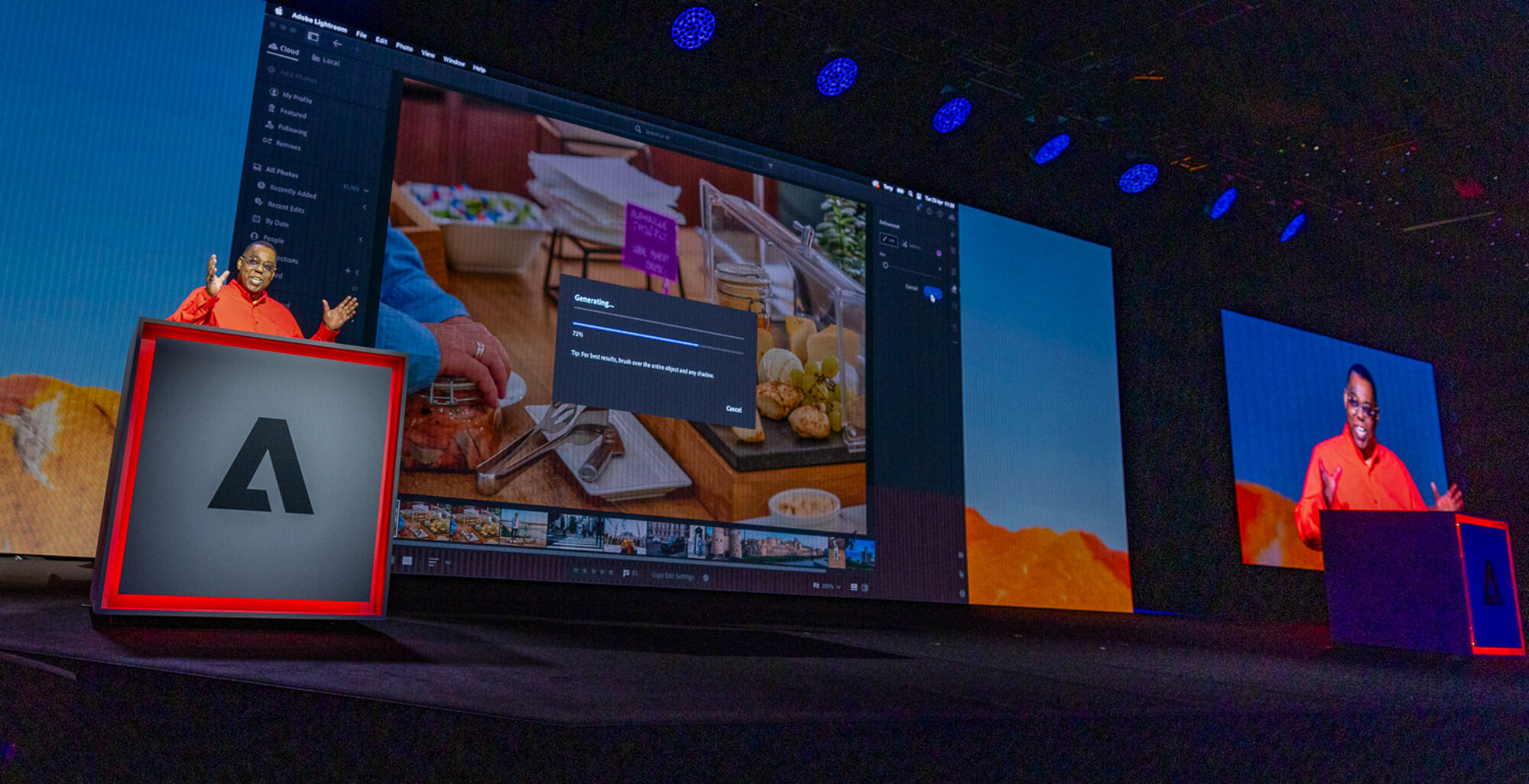The Advancement of the Best tech blog: A Trip Via Tech Background and Future Trends
The Advancement of the Best tech blog: A Trip Via Tech Background and Future Trends
Blog Article
Just How Blockchain Technology Is Revolutionizing Information Protection
Blockchain technology is essentially changing the landscape of data safety and security by introducing a decentralized structure that promises improved openness and durability. Unlike traditional systems, which count on centralized information repositories, blockchain distributes data throughout a network, minimizing vulnerabilities and solitary factors of failure. The usage of innovative cryptographic methods makes sure that information continues to be tamper-proof, promoting count on among individuals and stakeholders.
The Basics of Blockchain
Blockchain modern technology, a revolutionary principle in digital information management, fundamentally changes exactly how information is stored and safeguarded. At its core, a blockchain is a distributed ledger that videotapes transactions throughout a network of computer systems, guaranteeing transparency and immutability.
Secret to recognizing blockchain is the hashing process, which secures transaction information right into a distinct alphanumeric code. This cryptographic feature guarantees that any modification in the purchase data leads to a totally various hash, consequently safeguarding versus meddling. The consensus mechanism, an additional critical component, verifies and verifies brand-new purchases through a network of nodes, thereby eliminating the requirement for a central authority.
Additionally, blockchain's append-only structure guarantees that data, once included, can not be erased or altered. This characteristic guarantees a verifiable and permanent document of transactions, promoting depend on amongst individuals. Because of this, blockchain offers a robust structure for information integrity, supplying sectors a dependable technique for monitoring and managing digital details in a secure, transparent manner.
Decentralization and Safety
Decentralization, a core concept of blockchain modern technology, significantly improves data safety and security by distributing control throughout a network as opposed to depending on a singular, central entity. This distribution alleviates the threat of single points of failure, which prevail in conventional centralized systems. By dispersing data throughout countless nodes, blockchain makes certain that even if one node is compromised, the entire network continues to be secure. This redundancy not just strengthens the stability of the information however additionally boosts its durability to cyberattacks and system failures.

Moreover, decentralization equips customers with higher control over their information. Each participant in the network has access to the whole blockchain, enabling them to validate and examine transactions individually. This transparency promotes count on among individuals, as they do not have to count on a main authority to ensure information honesty. On the whole, decentralization is crucial in boosting data protection in blockchain networks.

Cryptographic Methods
At the heart of blockchain technology, cryptographic techniques play an essential role in guarding data, making certain both confidentiality and integrity. Cryptography in blockchain employs a mix of symmetrical and asymmetric formulas to secure information, making it accessible only to authorized celebrations.
Hash features are one more important component, transforming input information right into a fixed-size string of personalities, efficiently creating an unique digital finger print for each and every block. This guarantees that any type of attempt to alter the data will certainly lead to an entirely different hash, therefore preserving the immutability of the blockchain. In addition, electronic trademarks validate the authenticity and stability of deals, giving a layer of non-repudiation.
The decentralized nature of blockchain, combined with robust cryptographic methods, eliminates the need for intermediaries, reducing prospective susceptabilities. As blockchain modern technology progresses, innovations in cryptography such as zero-knowledge evidence and homomorphic encryption remain to improve safety actions, even more fortifying data defense in this revolutionary electronic ledger system.
Usage Situations Across Industries

In the healthcare market, blockchain makes sure the safe and secure storage and sharing of individual documents, advertising interoperability while protecting delicate information from unapproved accessibility. This innovation equips individuals with control over their medical history and assists in seamless coordination amongst medical care service providers.
Supply chain monitoring advantages dramatically from blockchain's unalterable journal, which ensures traceability and credibility of items from beginning to customer. By boosting transparency, blockchain assists minimize concerns such look these up as counterfeiting and Visit Your URL underhanded sourcing.
Additionally, blockchain's decentralized nature is reshaping the energy field by making it possible for peer-to-peer energy trading, where customers can acquire and sell excess eco-friendly power directly. This fosters a much more lasting and reliable energy community.
In the realm of intellectual residential or commercial property, blockchain provides a tamper-proof system for designers to sign up and safeguard their jobs, ensuring rightful attribution and reasonable payment. These diverse use cases highlight blockchain's role as a critical pressure in redefining information security throughout markets.
Future of Data Security
As we seek to the future of information defense, blockchain technology is positioned to play an essential function in securing digital info. With its decentralized and immutable attributes, blockchain supplies a robust framework for protecting sensitive information versus unapproved access and cyber hazards. This technology ensures that once information is recorded, it is nearly impossible to change without discovery, hence giving a substantial advantage over traditional data storage space approaches.
The integration of blockchain with other straight from the source advanced innovations, such as artificial knowledge and the Net of Things (IoT), is anticipated to improve data defense methods further. By leveraging clever agreements, companies can automate and implement safety and security protocols, decreasing human mistake and enhancing efficiency. Furthermore, blockchain's capacity to offer transparent and deducible transactions will boost count on and liability in information monitoring methods.
As regulatory landscapes progress, blockchain's compliance-friendly nature will certainly become progressively relevant. It can help organizations fulfill rigid information protection policies, such as the General Information Protection Regulation (GDPR) and the California Consumer Privacy Act (CCPA), by giving verifiable documents of information processing activities. Eventually, blockchain's special characteristics placement it as a transformative tool in the continuous pursuit to secure the electronic world against ever-evolving cyber hazards.
Conclusion
Blockchain innovation represents a standard change in data safety and security by leveraging decentralization and cryptographic techniques to improve transparency, depend on, and data honesty. Its capacity to eliminate single points of failure and utilize consensus mechanisms significantly lowers the danger of scams and cyberattacks. This cutting-edge structure not just encourages customers with better control over their information yet likewise lines up with governing conformity. As cyber hazards advance, blockchain becomes a vital tool for durable information defense throughout numerous markets.
Blockchain technology is fundamentally modifying the landscape of data security by presenting a decentralized structure that guarantees boosted openness and durability. Unlike standard systems, which rely on centralized data databases, blockchain disperses information throughout a network, reducing vulnerabilities and solitary points of failing.Decentralization, a core principle of blockchain technology, dramatically improves data security by dispersing control throughout a network rather than counting on a singular, centralized entity.At the heart of blockchain technology, cryptographic strategies play an essential role in protecting information, making sure both discretion and honesty.Blockchain innovation represents a standard change in information safety and security by leveraging decentralization and cryptographic strategies to enhance transparency, trust fund, and data stability.
Report this page